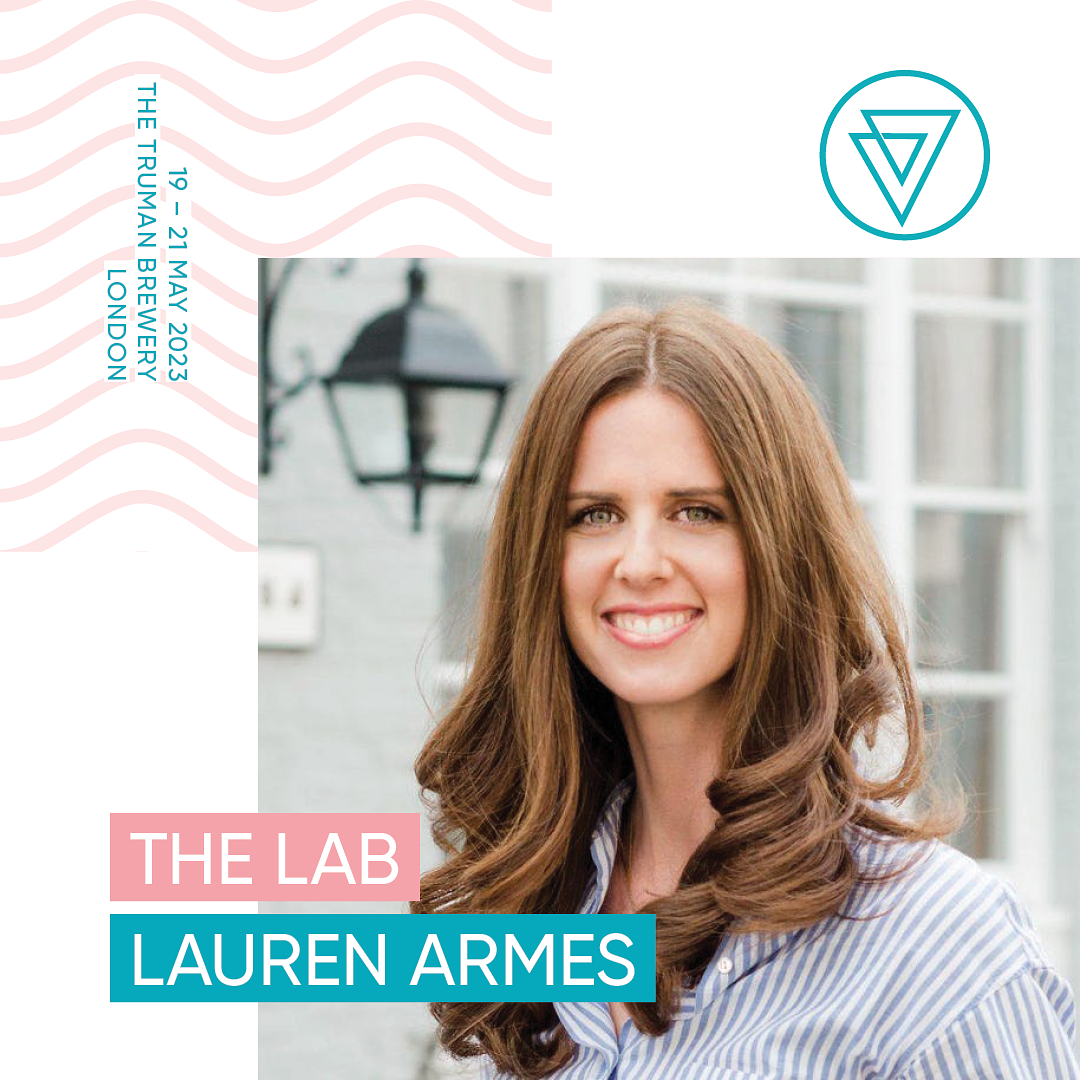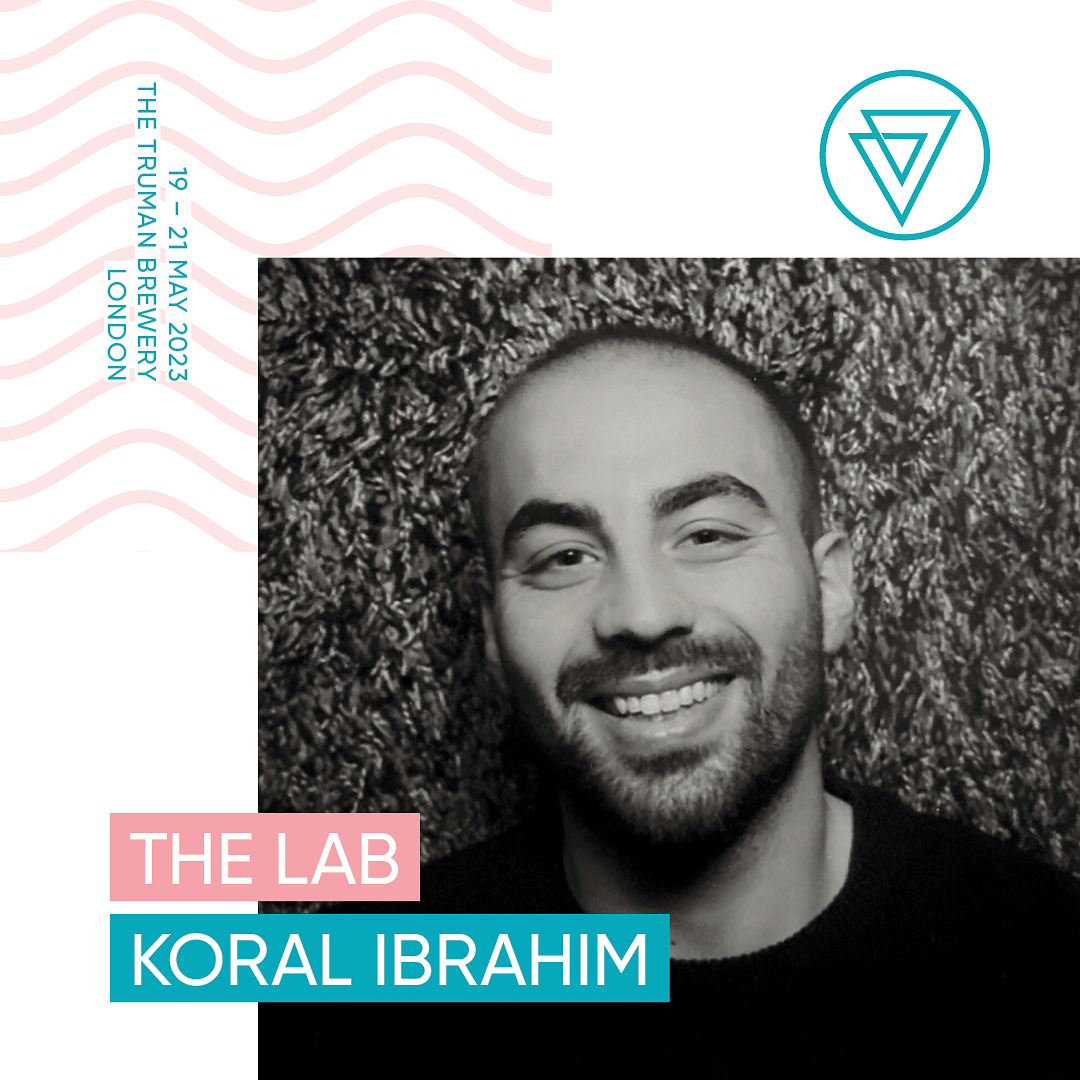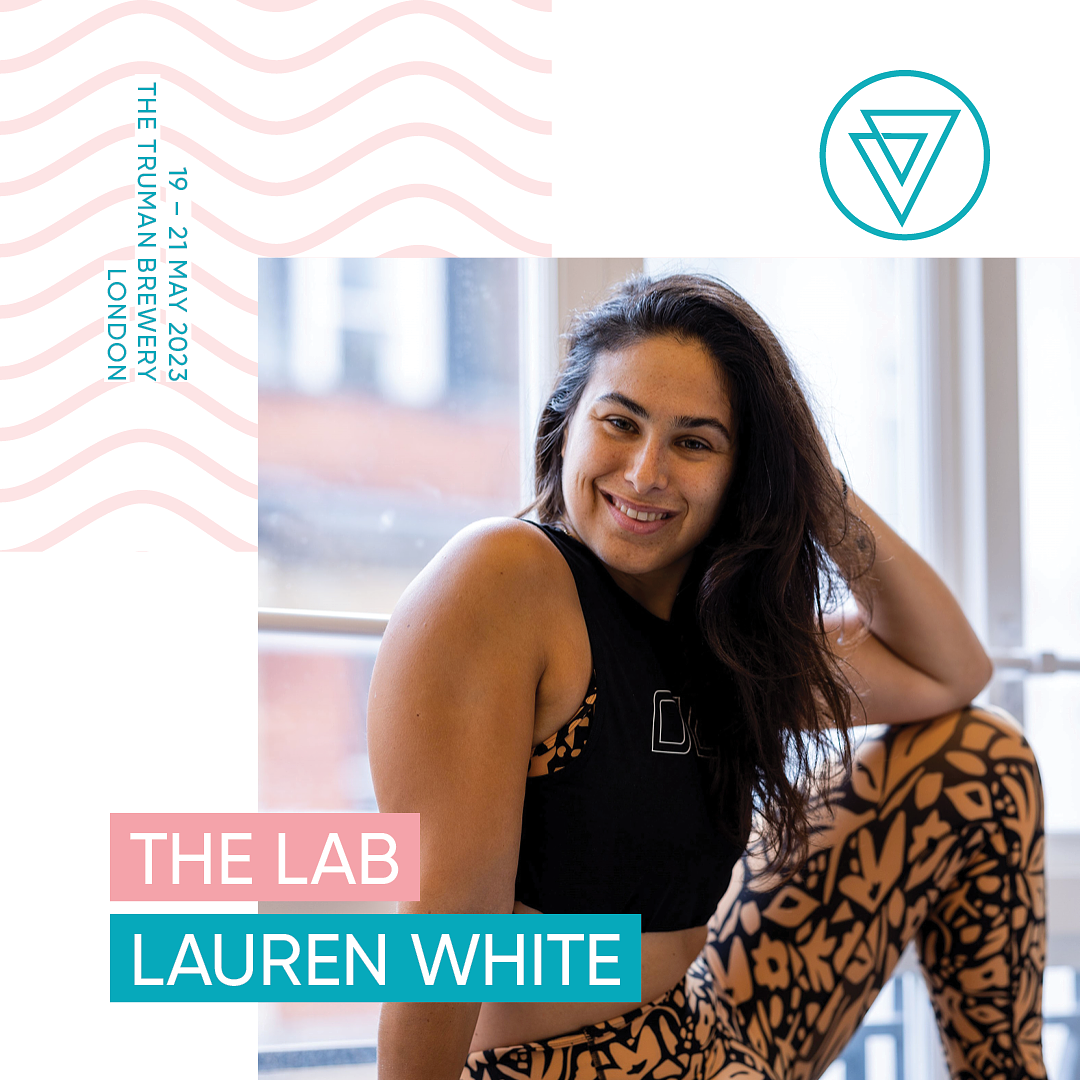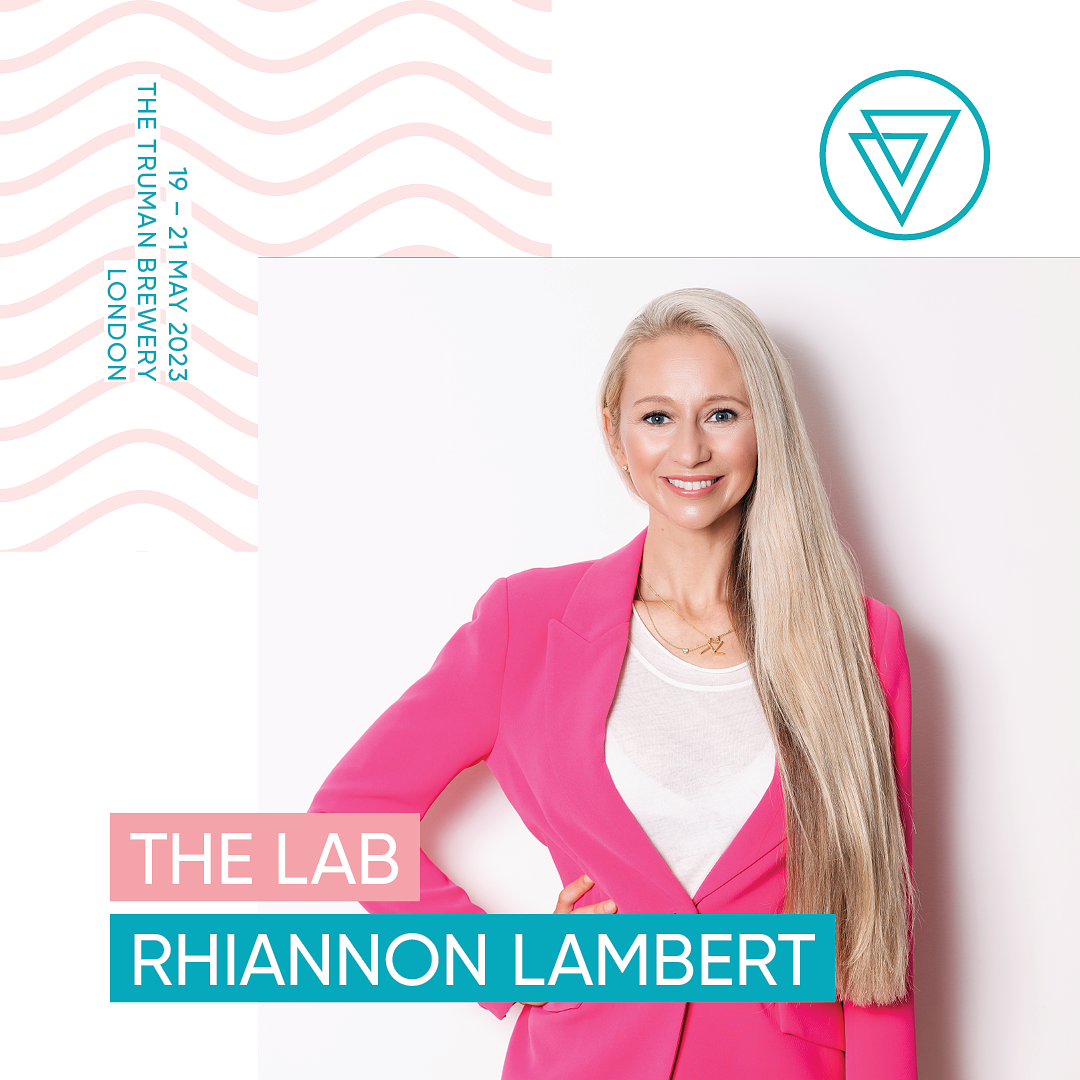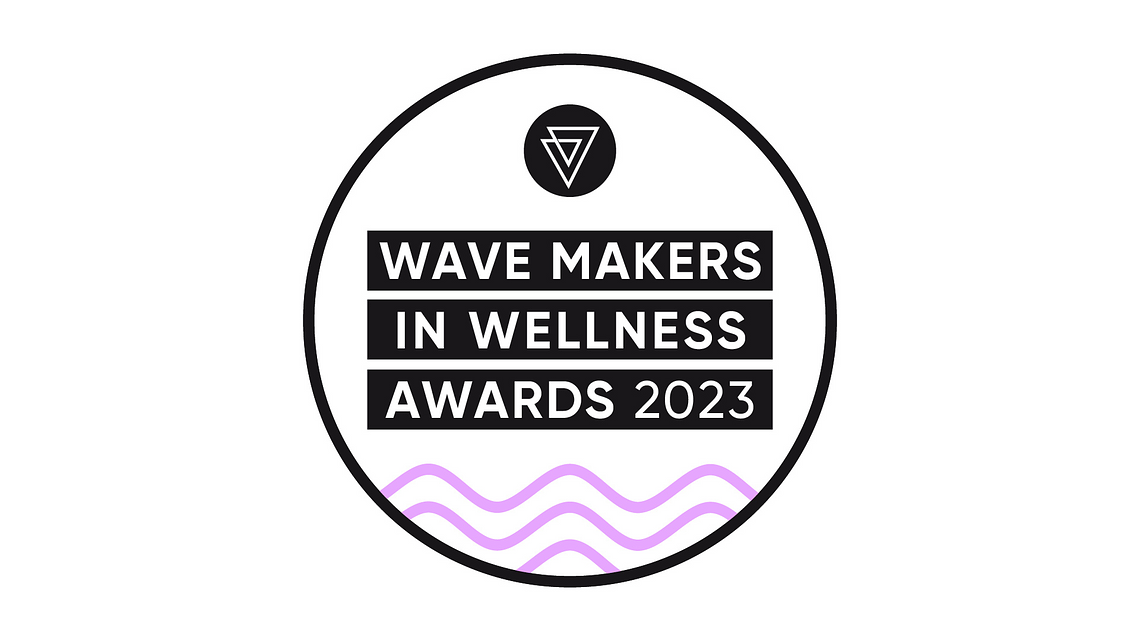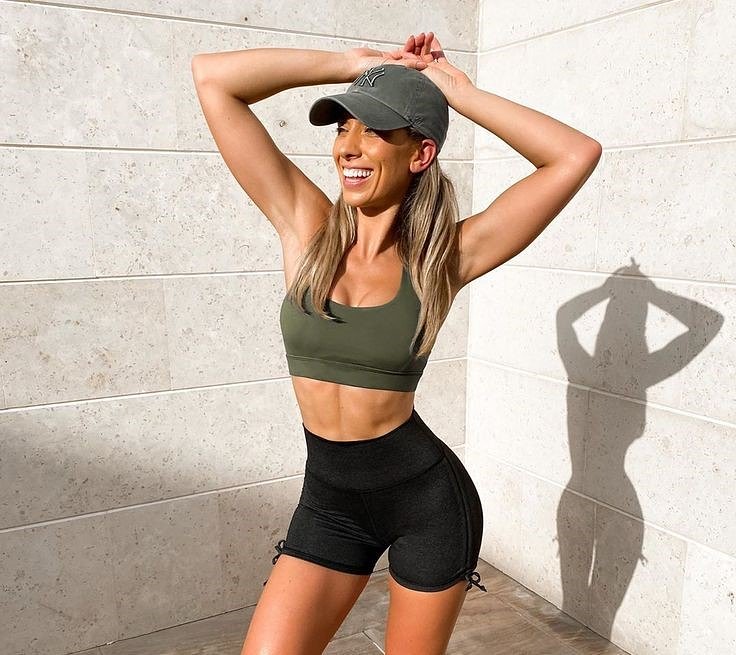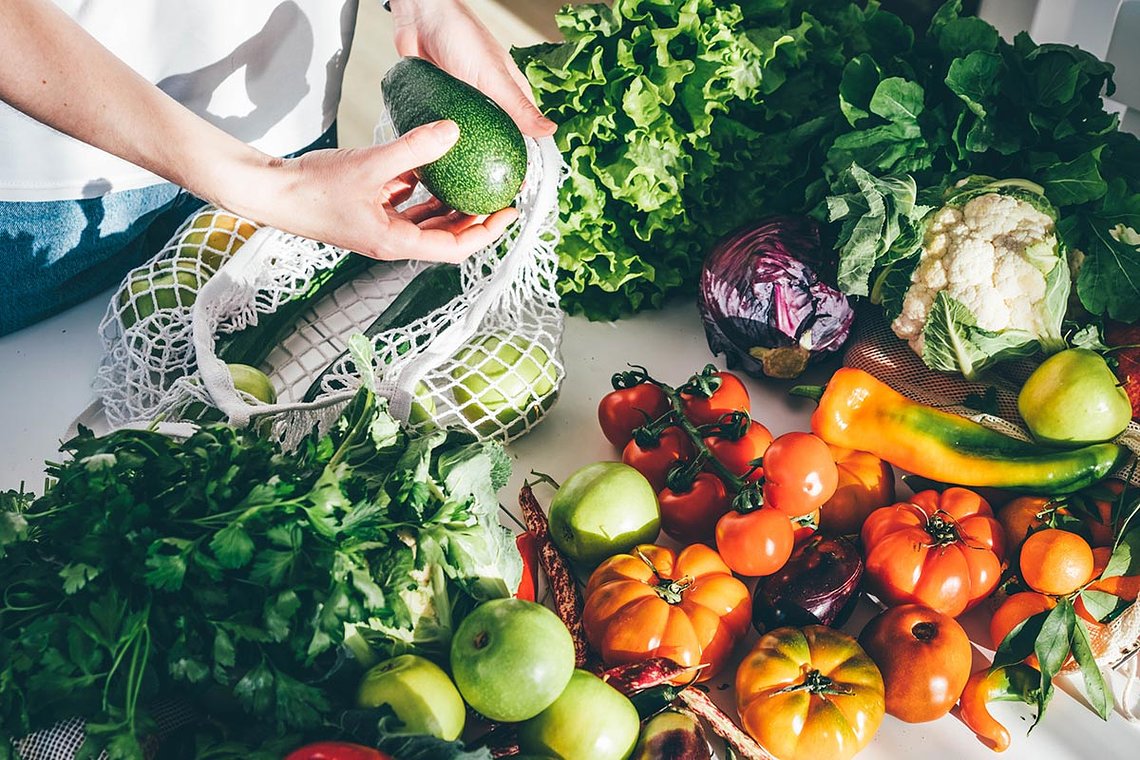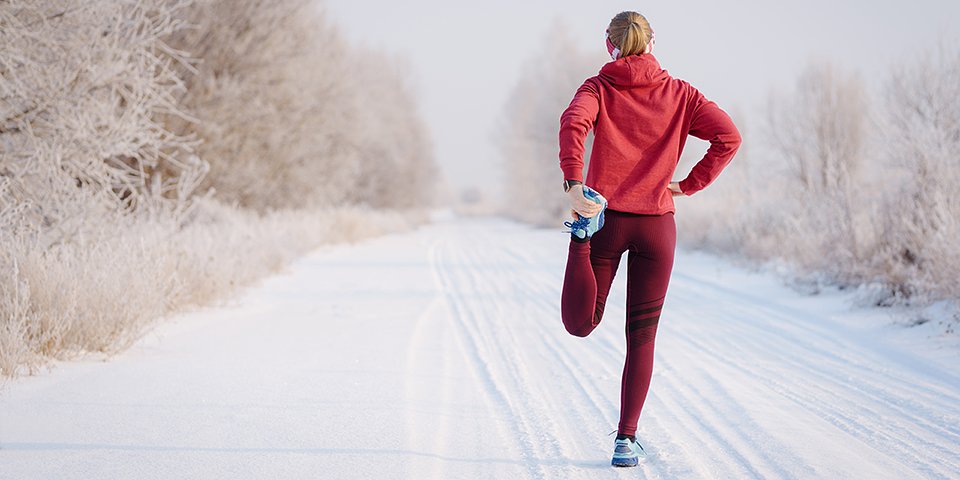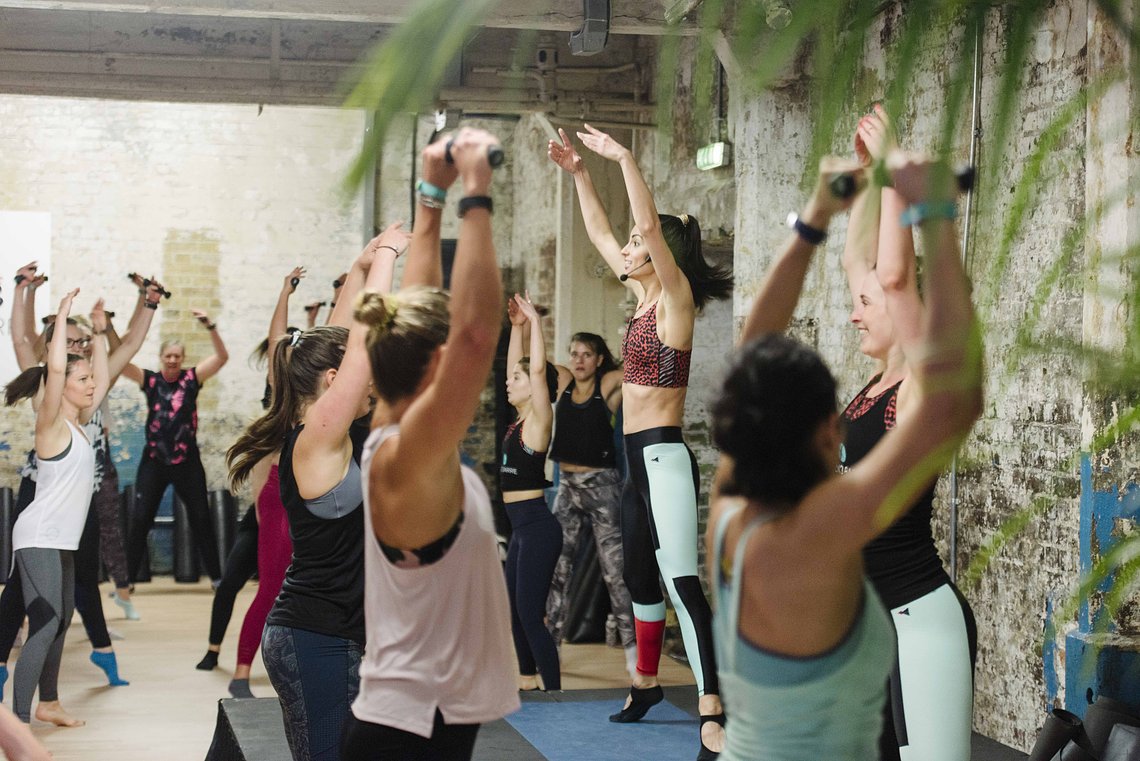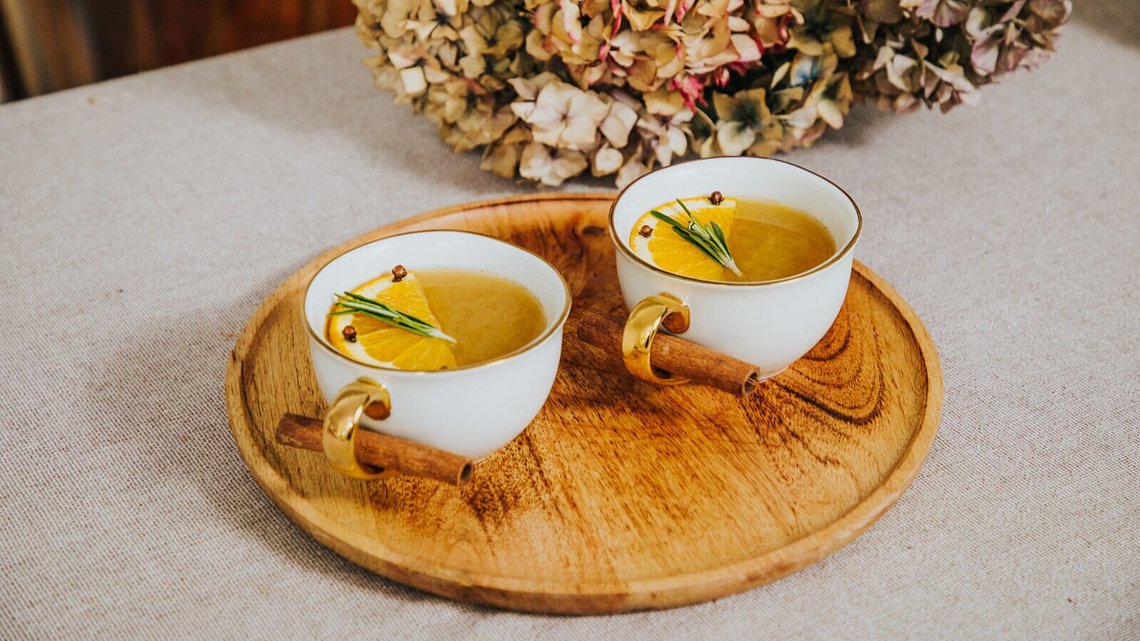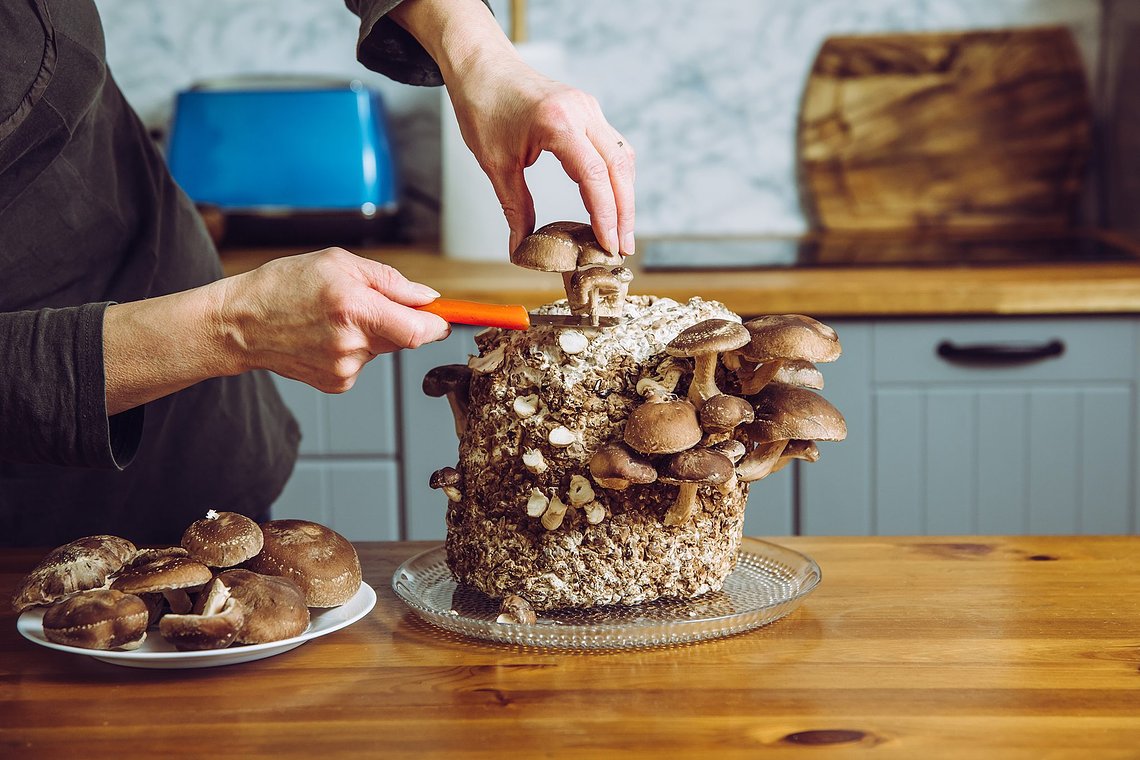Mon 16 Jan 2023
How to get enough protein as a Vegan
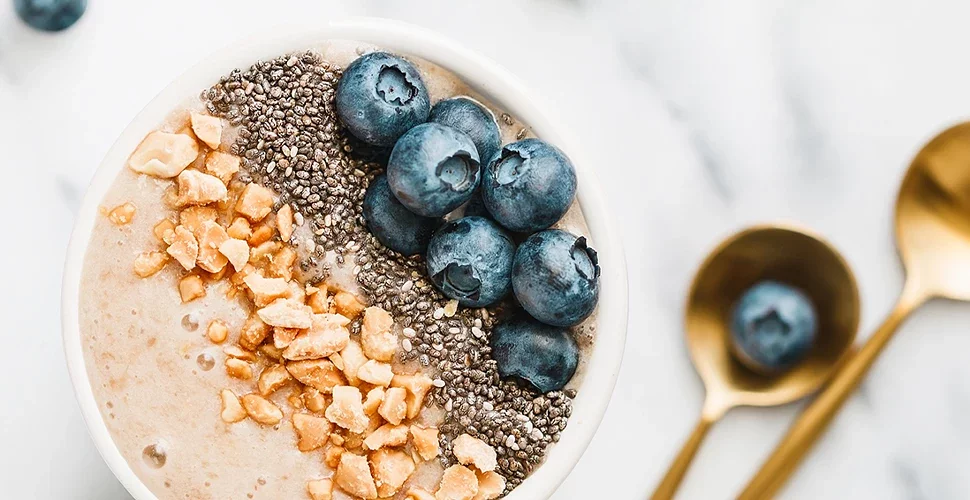
SHARE THIS POST
Branch out with these lesser-known plant-based proteins
Carbohydrates, fat, fibre, minerals, vitamins, water, and protein: the seven essential nutrients and bulwarks of the modern, healthy diet. As active urbanites rushing between home, work and the gym, protein plays a particularly important role in keeping our bodies ticking.
Protein works within every cell of your body and is essential for muscle maintenance and growth. Not enough of it in your diet reduces lean body mass, muscle strength, and function. It can also cause muscle cramping, weakness, and soreness. Your body will take protein from muscle tissue and use it as energy to support other vital body functions when protein is low. Not good.
"Exercising regularly? Experts suggest you consume 1.2 - 2g of protein per kg of body weight per day."
This eventually leads to muscle wasting and atrophy. So even if you’re not a regular at the gym, it pays to make sure you’re getting enough protein per day to keep your body working the way it should. Countless studies recommend 1.2 to 2g of protein per kg of body weight per day, especially if you are a regular at exercising.
It’s also worth noting that protein is composed of 20 amino acids, 11 of which are produced by the human body. For good health, we must get the other nine ‘essential’ amino acids from the foods we eat. When a food contains all nine of these amino acids, it is called a complete protein (more on this later).
Going Vegan
Over 600,000 people in the UK are now Vegan - plus a number of top athletes including Lewis Hamilton and Venus Williams - deciding to make the switch for health or lifestyle reasons. And science backs the change-up too.
A 2019 study found that those who consumed the most plant protein out of the 70,000 surveyed had a 27% lower cardiovascular death rate and a 28% lower death rate from both heart disease and stroke. A person who follows a fully plant-based diet is also reported to produce 50 percent less carbon dioxide, use 1/13th of the water, and 1/18th of the land compared to meat and dairy eaters.
Managing your protein intake as a Vegan
Lean meats, eggs, milk, and cheese tend to be the easiest go-to foods for non-vegans looking to pack their diet with protein. The common misconception is that Vegans are missing out, and that Vegan sources of protein are somehow inferior. While it’s true that most meats are complete proteins, plant foods such as quinoa, tofu and rice + beans eaten together, are also complete.
So, as long as you’re ready to branch out with your cooking (perhaps nab a few Vegan cookbooks for inspiration too) then you’ll get more than enough protein available in a plant-based diet.
Plus, the bulk of plant proteins also offer far superior nutritional profiles in terms of fibre, vitamins, and minerals, not forgetting their relative ease of digestibility. If you do find you’re struggling to keep up with your required protein levels then a Vegan protein powder is an easy way of supplementing your diet. Form Nutrition uses a blend of pea, rice, hemp, and whole algae protein to provide a complete source of protein.
Four great sources of Vegan protein
Lupin Beans
Protein per 100g: 36g
Popular in traditional Mediterranean cooking, lupin or lupini beans are one of the highest sources of plant-based protein available. Closely related to peas, the bright yellow legume has a bitter taste thanks to the alkaloids in them, but boast excellent bioavailability so that impressive protein content doesn’t go to waste.
Hemp Seeds
Protein per 100g: 32g
Hemp is something of a vegan poster child, and for many more reasons than its seeds’ protein. Nutritionally-speaking, as much as 25 percent of the total calories from hemp seeds come from high-quality protein (complete with all 9 essential amino acids). Note that it’s best to eat hemp seeds raw, as the oil from them can go rancid if left for too long.
Oats
Protein per 100g (oat bran raw): 17g
In the macronutrient stakes, oats are most commonly considered a carbohydrate, and indeed 66 percent of their dry weight is made up of carbs. But 11-17 percent of oats are a source of quality protein, higher than most other grains.
Spirulina
Protein per 100g: 57g
Nutrient-dense spirulina is a blue-green algae that’s lauded for many more health benefits than protein alone. Its phycocyanins - which have powerful antioxidants and anti-inflammatory properties - are key for aiding athletic performance and general health functioning. It usually comes in the form of a powder which is easily sprinkled over your morning bowl of porridge.
